
views
Note: This article is for a person without knowledge of diabetes care who needs to give first aid to a diabetic. If you are not familiar with invasive testing for blood sugar levels or giving injections, do not attempt either; as such, these are not covered in this article.
Spotting the signs of insulin shock

Recognize the symptoms of insulin shock. If a person begins to show any or all of the following symptoms, respond quickly to decrease the severity of the attack: The shakes Dizziness Weakness The sweats Headache Nervousness Moodiness (a key sign; may be irritability, confusion, anger, aggression, etc.) Increased heart rate Hunger Pale skin Disoriented behavior.
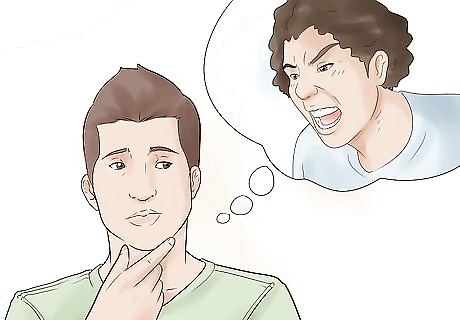
Expect the symptoms to begin and progress very quickly. Be aware that sometimes people mistake a diabetic person as someone who has drunk too much alcohol (aggression, slurring, sweating, odor, etc.). It may help to look for a medic bracelet but, provided you are safe, try to attend to helping the person regardless of the cause of the behavior. If the person is very aggressive, get help. It can be difficult sometimes to argue with a very determined and rather strong person about the need to ingest glucose quickly, so more help is always safer.
Responding quickly
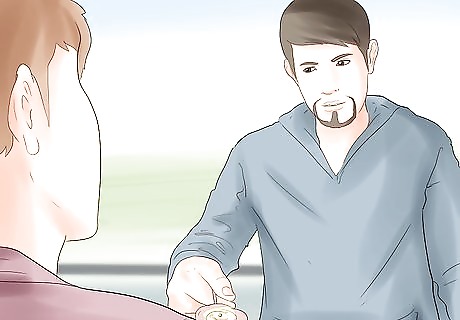
Respond quickly. Bring the blood sugar level back up to normal. If the person is conscious: Give the sugary food such as honey, sugar, hard glucose candies (like barley sugar, boiled sweets) or a sugary drink (fruit juice, soda or milk). If you have access to glucose tablets, give the person 3 glucose tablets, or follow the package instructions.
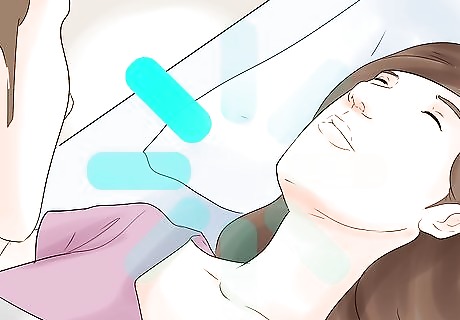
Wait for 5 minutes. Within 5 minutes, the symptoms of low blood sugar should be improving. During this time, ask the person to rest. Reassure the person as much as possible. If the symptoms abate, ask the person to keep resting for a while. This has been an emergency situation and the person needs to take it easy. Follow up with a sandwich and a banana/cookies, or similar food that takes a longer time to digest. This will stop the energy crash that can occur after eating lots of sugar.
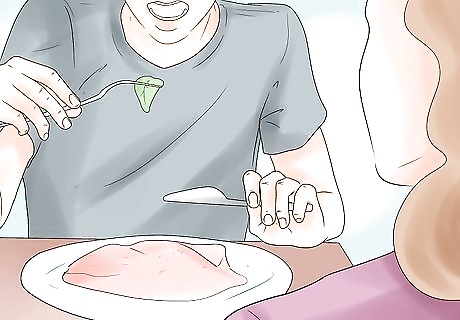
When the sugar levels are at an acceptable level, continue with the person's normal meal schedule. If you are concerned about how the person got to this state, you may need to follow up by taking the person to see a doctor for further examination and advice. Indeed, it is strongly recommended that the person see a doctor anyway, as he or she has experienced a medical emergency.
Getting help from emergency services
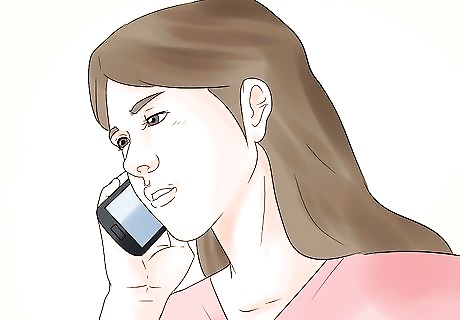
Call an ambulance if the attack is too severe. If the person's blood sugar level does not improve within 10-15 minutes after giving glucose, if the person becomes unconscious or starts having a seizure, call an ambulance. Over the phone, describe clearly what is happening. Explain what you have already given the person and how the person has reacted. Monitor the person's airway, breathing and circulation. If conscious, reassure the person. If the blood sugar level is still low, have the person consume some more glucose/sugary product. If possible, keep the person sitting or lying down to rest. Stay with and monitor the airway, breathing and circulation until emergency services arrive.
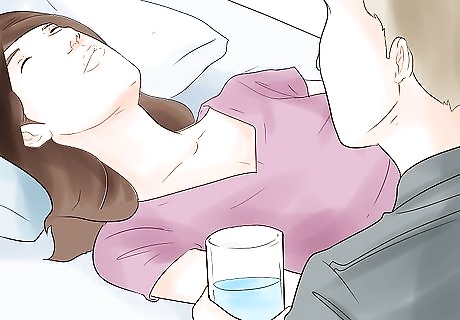
If the person is unconscious, do not give anything to drink. Liquid could cause the person to choke. Instead, monitor the person's airway, breathing and circulation. Place the person in the stable side position (recovery position) and keep monitoring the person until the ambulance arrives. Reassure even if you think the person cannot hear or understand you. At some level, just knowing someone is there taking care of you can be of great help.



















Comments
0 comment